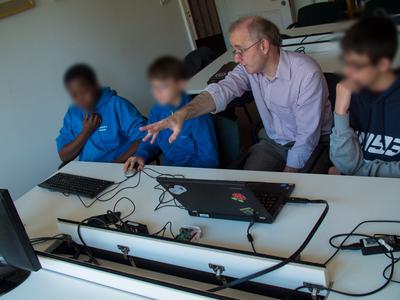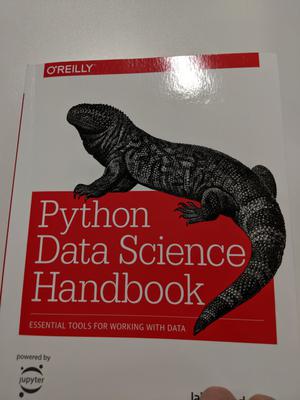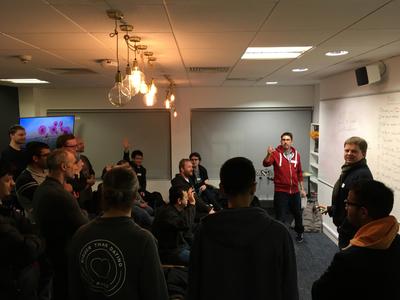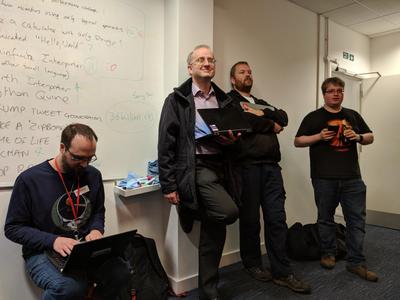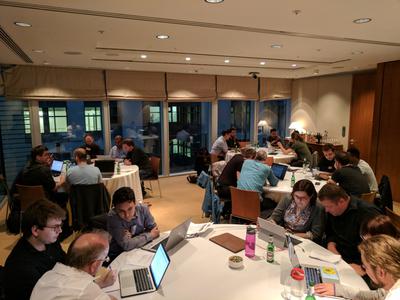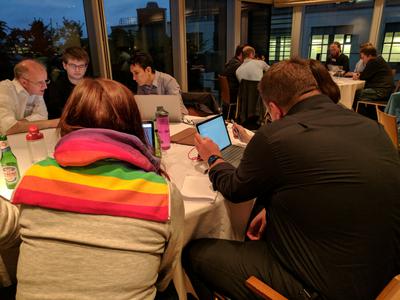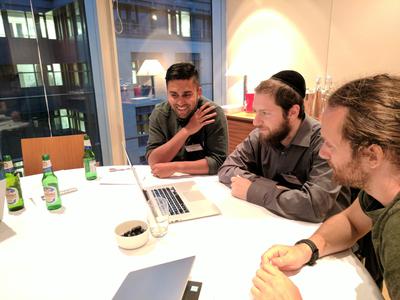Bullies & Critics
Bullies & Critics
There was a bit of a fracas in one of the technical communities I inhabit, to do with heightened sensitivities around racial awareness. In that community, the majority of communication centres on technical issues. But people who give technical opinions also have views about real-world matters.
An issue flared up over the wording of a message which accompanied a change to some documentation. (And, to a lesser extent, over the change itself). What followed was surprising and a little shocking. Not that there were such diverse opinions on the matter: that's expected in a community with a variety of people. Rather, the way in which some of the opinions were expressed. The way in which they weren't expressed as opinions at all, but as incontrovertible facts, any opposition to which was evidence of some kind of hatred.
It was very troubling on a number of levels -- and continues to be so, despite the sincere efforts of community leaders to turn things around. The situation very quickly reached a point where even pouring oil on troubled waters simply ignited further fires. A call for a moratorium was respected and things went quiet for a while.
Naturally, when this happens, you see faults in the opposing rhetoric more than in your own. (My shorthand for this is that: no-one uses the word "ideology" of their own position). It seemed to me that one side of the debate was unwilling to hear the other position. But that one-sided deafness was opposing the view which I myself held. So I wasn't sure I was able to disentangle my partisan feelings from a disinterested analysis of the rhetoric.
Then I came across this article: https://heterodoxacademy.org/blog/viewpoint-diversity-critics-bullies/. The author describes a useful schema to help distinguish the genuine attempts by which even diametrically opposed viewpoints can engage in good faith ("the Critics") from attempts simply to shut down the opposing argument ("the Bullies"). You can read it for yourself to understand what the author's getting at, but I'd like to pick up a few of the points he makes.
I'll lead with his final point: that this is not to do with the good of the cause. Those advocating for either side believe in their cause; and they sincerely consider that the other side is wrong-headed or misguided. So even if the "Bullies" in some situation all belong to one side of debate, that doesn't mean ipso facto that that position is wrong.
Another thing to highlight is that there's nothing wrong with being forceful in your advocacy. As someone who's managed several technical mailing lists and forums over the years, I believe that people can be a little too quick to reach for the "Code of Conduct" complaint button when a contributor is making an argument forcefully or robustly. One can have every respect for one's opponent while attacking their position vigorously and perhaps bluntly.
Now you have to judge the situation: there's a difference between a robust debate in person between two people who already know or can readily assess each other and an online debate where you probably don't know the other people and where you may not be able to judge their cultural sensibilities well. There's a good case for saying that you should err on the side of caution when expressing yourself online. But that doesn't mean that you should never speak out bluntly in defence of a position.
"A critic permits you to make your case in the terms you believe appropriate".
This is an interesting one and resonates with to the scholastic tradition of Mediaeval University life. There, students went up against each other or against a Master to debate matters respectfully but forcefully. You were expected to meet your opponent's strongest argument on its own ground. The skill wasn't in turning things around so you had the upper ground; rather, it was in demonstrating that your position was strong enough that even taking your opponent at their highest, your argument still won through.
Of course, this can founder when the vocabulary in use by each side has diverged more or less significantly. For example, each side might use the word "racist" but might understand something quite different by it. So there may be a need to employ alternative forms of expression to clarify what is being said. But this should never be done for tactical advantage, only to set out more clearly the terms of the debate.
"A critic is willing to be challenged as well as to challenge".
Each of us, at least in an area where we feel passionately, self-evidently believes that they are in the right. The natural reaction to any challenge is to marshal one's counter-arguments. But this is the point: that we should be countering the arguments put forward by our opponent. Treating them with respect, considering them as valid arguments, and putting forward our responses. This can be difficult if we believe that the opposing position is missing the point, or that the question is genuinely misguided. But, absent blatant trollery, we have a duty to address the question at face value.
Anyone who's taught youngsters coding -- or, really, taught anything -- will have been on the receiving end of questions which are clearly sincere, but which demonstrate that the person asking has definitely got the wrong end of the stick. I was once trying to explain how characters are encoded to store in a file, for simplicity sticking to ASCII. And one of the young coders asked me how it was that "W" and "I" took the same space on the disk when one was so clearly bigger than the other! I'd obviously failed to distinguish in my explanation between the abstract notion of a character and the glyph on the screen, which is what the coder sees. But it's an example of a (non-controversial) question which is perfectly reasonable but which is based on a faulty premise.
For me, one of the most dispiriting things about modern political debate (at least in the UK) is precisely the inability of senior politicians to respond well to challenge. The televised debates which occur close to a General Election are soul-destroying exercises in self-marketing and deflection of criticism. It would be the greatest breath of fresh air if a party leader took a question seriously and addressed it honestly by explaining, for example, why they felt that Education needed more time and money than helping first-time house buyers because... whatever.
"A bully believes that dissent from his or her opinions is evidence of ... stupidity".
This is one of the most regrettable deficiencies in the negative approach to advocacy: that the opposing position can have nothing to say of value. That one's position is so completely unassailable that the only explanation for the existence of another viewpoint is stupidity or mental illness. Of course, people can ask questions which reveal a genuine lack of knowledge or which rehash arguments which you consider to have been refuted long ago. But even here, you can be guilty of begging the question: considering as closed the very issue which your opponent is raising. If they are bringing up a point which you consider to have been dealt with elsewhere, then point them towards some resource where that was addressed.
There's more there, and I recommend you to go and read the original article. Finally I'd like to quote one line which I think sums the matter up: "A critic—even a forceful one—does business in the proper currency of intellectual discourse: presenting evidence, providing reasons, making arguments; a bully questions people’s motives and calls them names."
